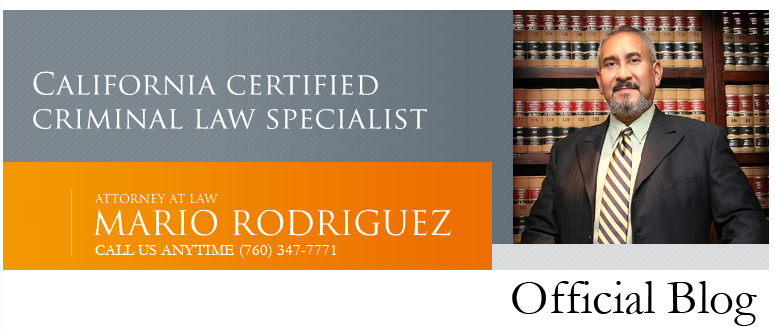What is an arrest?
An arrest occurs when you are taken into custody. Being, "in custody," basically means you are not at liberty to go where you please. Nevertheless a police officer can detain and interrogate you if they believe you were involved in a crime.
For example, a police officer can detain a suspect if he is seen carrying a large box near the scene of a robbery. Employees of a store can also detain someone if they think that person has stolen something from that store.
If you are detained or arrested remember that you do NOT have to answer any questions, except for giving your name and address as well as showing identification if asked.
What rights do I have if I am detained?
You do have certain rights when you are arrested. Before an officer of the law can ask you questions they must advise you that you have the right to remain silent. And that anything you say can and will be used against you. You have the right to have an attorney present during your interrogation.
These rights are known as "Miranda rights," and are guaranteed by the Constitution of the United States. If these rights are not read to you before any questioning occurs, an attorney can ask that anything you said during interrogation not be used against you in court. That does not mean that your case will get dismissed. This also applies to information you volunteer without the questioning of police officers.
Attorney Mario Rodriguez has over 28 years of experience and is a State Certified Criminal Law Specialist. For more information call 760-347-7771.
skip to main |
skip to sidebar
About Me
-
Mario Rodriguez
Criminal Law Attorney
- Coachella Valley, CA, United States
- An experienced trial attorney, Mario Rodriguez has been a criminal defense attorney for 30 years. He represents clients charged with serious felonies in both State and Federal Court throughout the United States.
One hundred percent of Mr. Rodriguez's practice is defending individuals and businesses in the area of Criminal Law.
The investigating agencies have included local police departments, the Sheriff's departments, the FBI, The ATF., and the U.S. Customs Service.
Search This Blog
Labels
- 9th Circuit
- Arrest
- California DNA Database
- California Supreme Court
- confrontation clause
- Crawford v. Washington
- Criminal Law
- Curtilage
- deportation
- DNA
- duty of attorney
- Electronic Tracking
- Fabrication of Evidence
- Fifth Amendment
- Fourth Amendment
- GPS
- hearsay evidence
- immigration
- inmate rights
- Interrogation
- Juveniles
- Minors
- prison conditions
- Prison Law Project
- Prison Litigation Reform Act
- prison overcrowding
- Privacy Rights
- SCOTUS
- Search and Seizure
- Search Incident to Arrest
- Search Warrant
- Sixth Ammendment
- Student Rights
- United States Supreme Court
